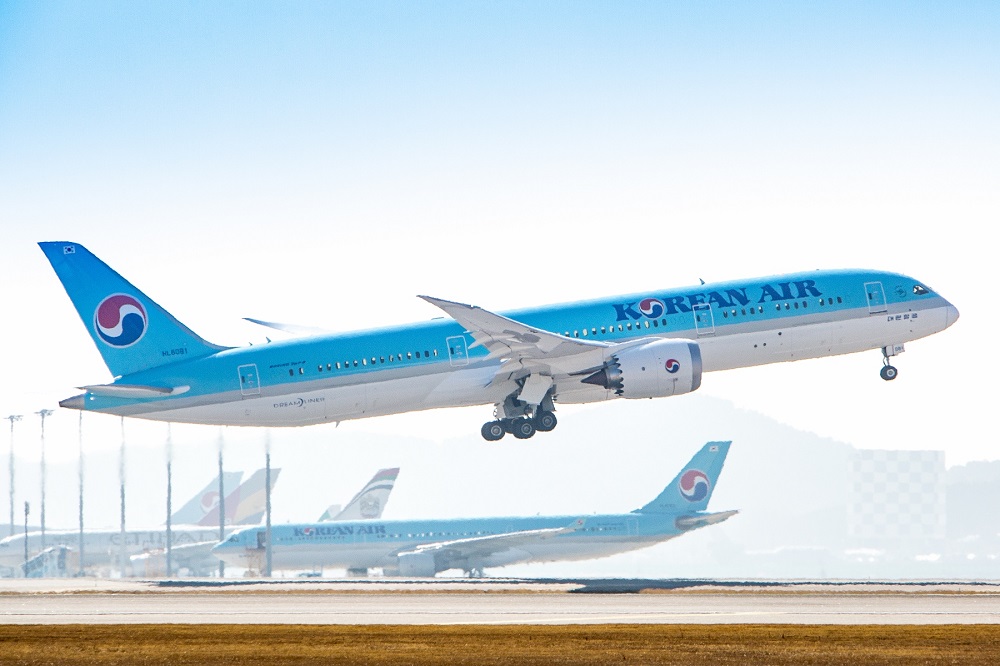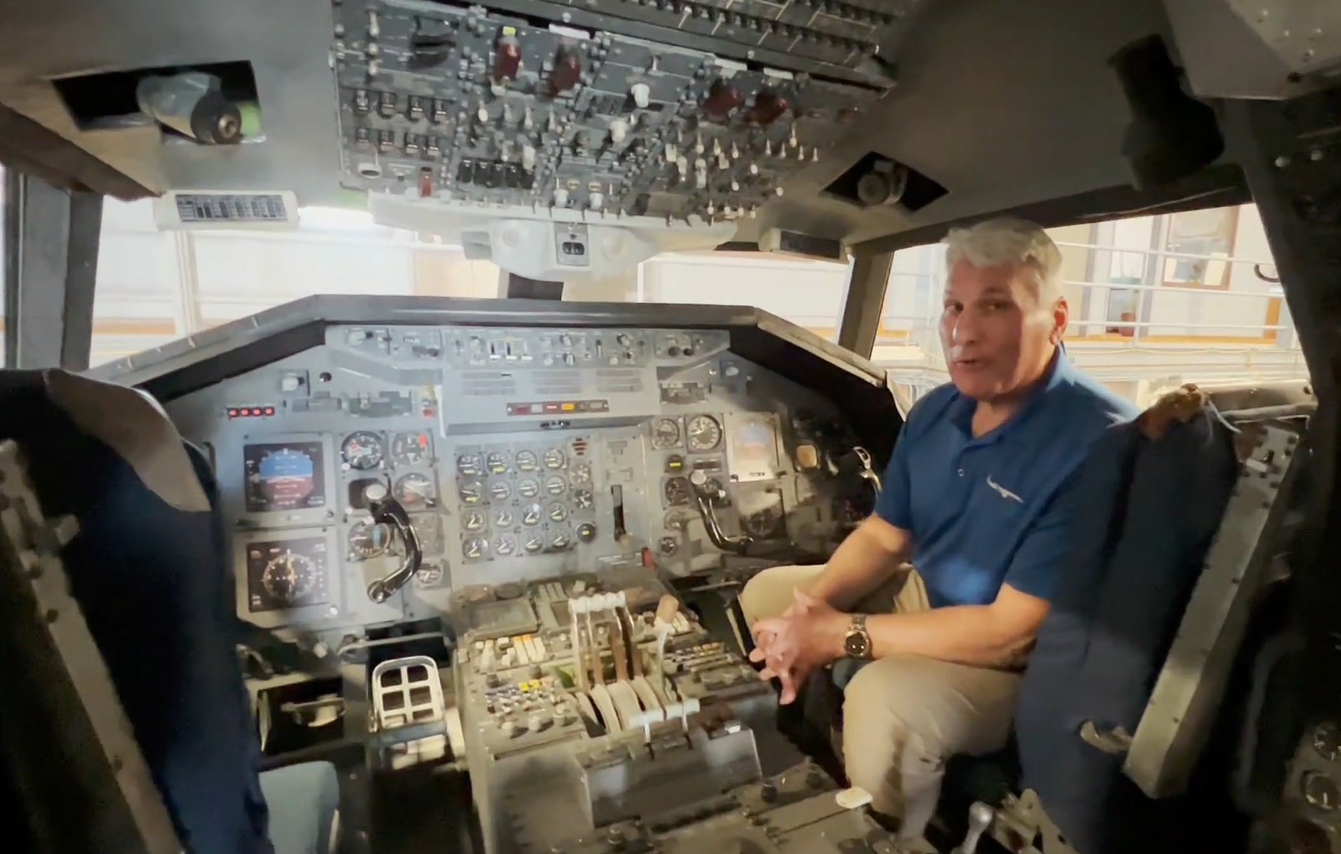Korean Air to buy rival Asiana in market revamp
16 November, 2020
3 min read


Korean Air and holding company Hanjin KAL on Monday confirmed they would acquire rival Asiana Airlines for 1.8 trillion won ($US1.6 billion) as part of a wider restructuring of the Korean aviation industry.
The merged airline is expected to rank as one of the world’s top 10 in a move Korean Air says is designed to improve the competitiveness of the Korean aviation industry.
Korean plans to sell new shares early next year worth $2.5 trillion won (US$2.3 billion) to finance the merger.
READ: Qantas 'ready to fly' as it turns 100.
The deal will see Hanjin KAL pass on to Korean Air an 800-billion won investment from the state-owned Korean Development Bank to support both airlines ahead of the share sale.
Hanjin said in a statement that a restructuring of the entire Korean market, including low-cost carriers such as Jin Air, was unavoidable because of the crisis facing the airline industry.
“The main reason behind Korean Air’s decision to acquire Asiana Airlines at this time is to stabilize the Korean aviation industry, which is suffering from the COVID-19 pandemic,’’ it said
“Considering that Korean Air’s financial status could also be endangered if the COVID-19 situation is prolonged, it is inevitable to restructure the domestic aviation market to enhance its competitiveness and minimize the injection of public funds.
“Korean Air decided to acquire Asiana Airlines after much consideration and deliberation in order to pursue its founding mission to contribute to the nation through transportation.
“Following its mission, the carrier will ensure job security for employees at both airlines as well as relevant industries and support the development of Korea’s aviation industry.”
Spruiking advantages of the deal, the statement said countries with populations of less than 100 million generally had a single full-service airline compared to the two currently operating in Korea.
This put Korea at a competitive disadvantage to countries such as Germany, France and Singapore.
“However, Korean Air’s acquisition and the expansion of its routes, fleet and capacity will give the airline the competitiveness to compete with global mega airlines,’’ it said.
“The merger of the two airlines is expected to further enhance the competitiveness of the Korean aviation industry with more streamlined route operations and lower costs.
“More slots secured at Incheon International Airport, a transport hub in Asia, through the consolidation of the airlines, may lead to an increase in joint ventures with global airlines and greater transfer demand, which will also spur the growth of the domestic aviation industry.
“Customers will be able to enjoy a wider range of choices in routes and schedules. They will also be able to benefit from more convenient transfer options, integrated mileage and enhanced safety in all areas.”
Next Article
2 min read
Qantas triples profit but misses mark

Get the latest news and updates straight to your inbox
No spam, no hassle, no fuss, just airline news direct to you.
By joining our newsletter, you agree to our Privacy Policy
Find us on social media
Comments
No comments yet, be the first to write one.
